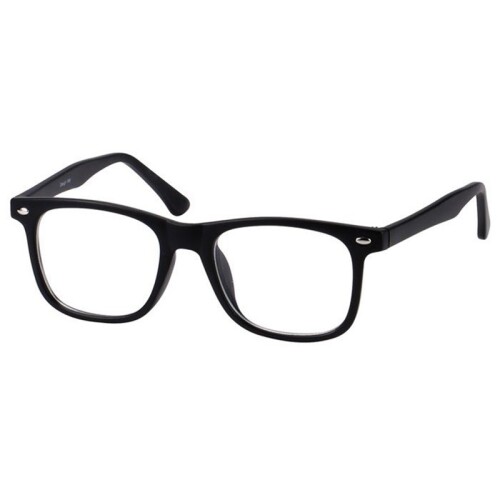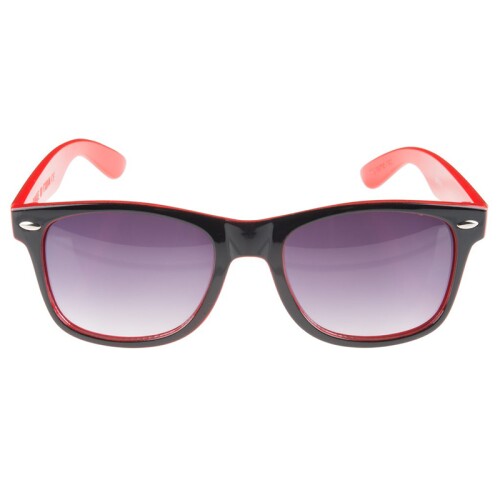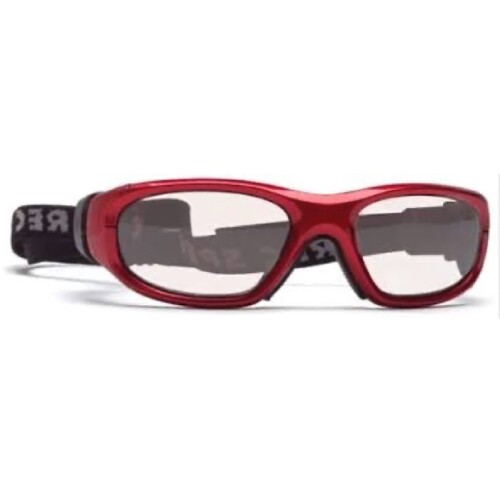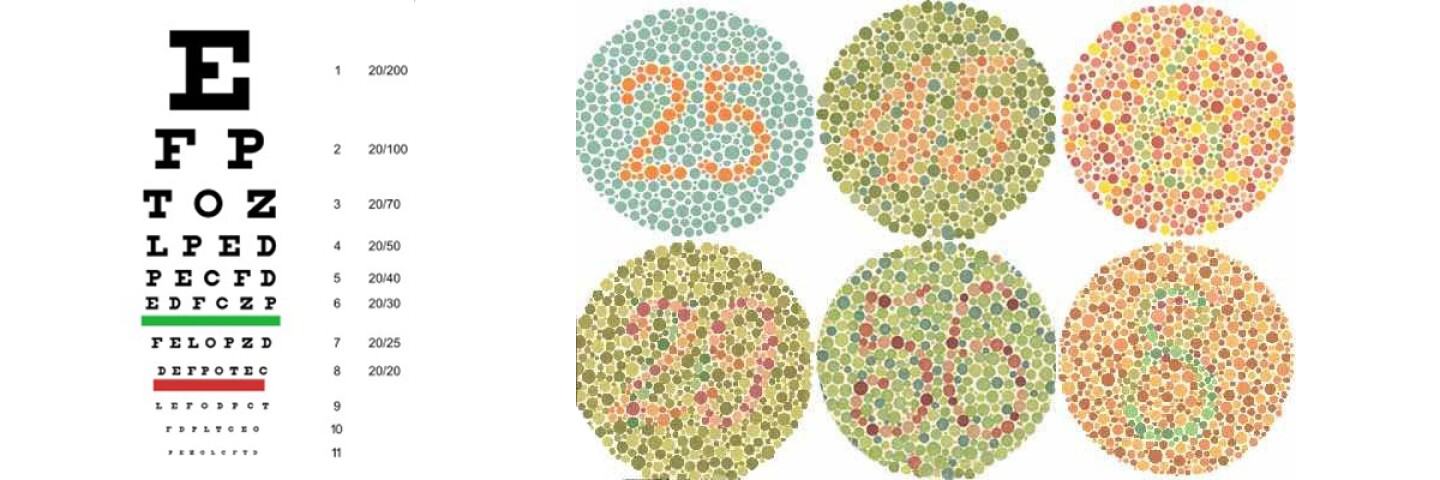
Your eyes are a large part of your health and wellbeing. That is why it is so important to make sure they are being taken care of properly. Start with a short quiz to see how much you already know about taking care of your eyesight then scroll down for more.


20 - 20 - 20
Every 20 minutes, Look at something 20 feet (about 6 meters) away, For at least 20 seconds.
Using Correct Eyewear
Wearing glasses helps you see better and can protect your eyes. Click below to find out when and why you should use each type of eyewear.

Eyeglasses
To help you see and read better.

Sunglasses
To protect your eyes from the harmful ultraviolet rays from the sun.

Sport Goggles
Worn by athletes to protect their eyes from injury during practice and games.
What You Eat
The nutrients in your food play a big role in how your body operates, including your eyes. Click each important nutrient to learn which foods can help keep your eyes healthy.

Vitamin A
carrots, sweet potatoes, kale, spinach, eggs, beef, milk, cheese

Vitamin C
lemons, limes oranges, grapefruit, berries, peppers

Vitamin E
whole grains, nuts and seeds, olive and canola oils, avocados, tropical fruits

Lutein
green vegetables like kale, spinach and broccoli, oranges, peaches, tomato juice

Zinc
beef, pork, beans, nuts, whole grains, dairy, eggs, shellfish, legumes

Omega-3 Fatty Acids
fish, nuts and seeds, olive and canola oils, milk, eggs, yogurt
Test Your Vision
Look at the charts below and tell a friend, family member, or caregiver what you see.

Listening to Your Eyes
If you experience any of the issues listed below, please tell someone as soon as you notice. This may mean that you should schedule a visit to the eye doctor to discuss the issue further. Identifying the problem early can often lead to better long-term eyecare.